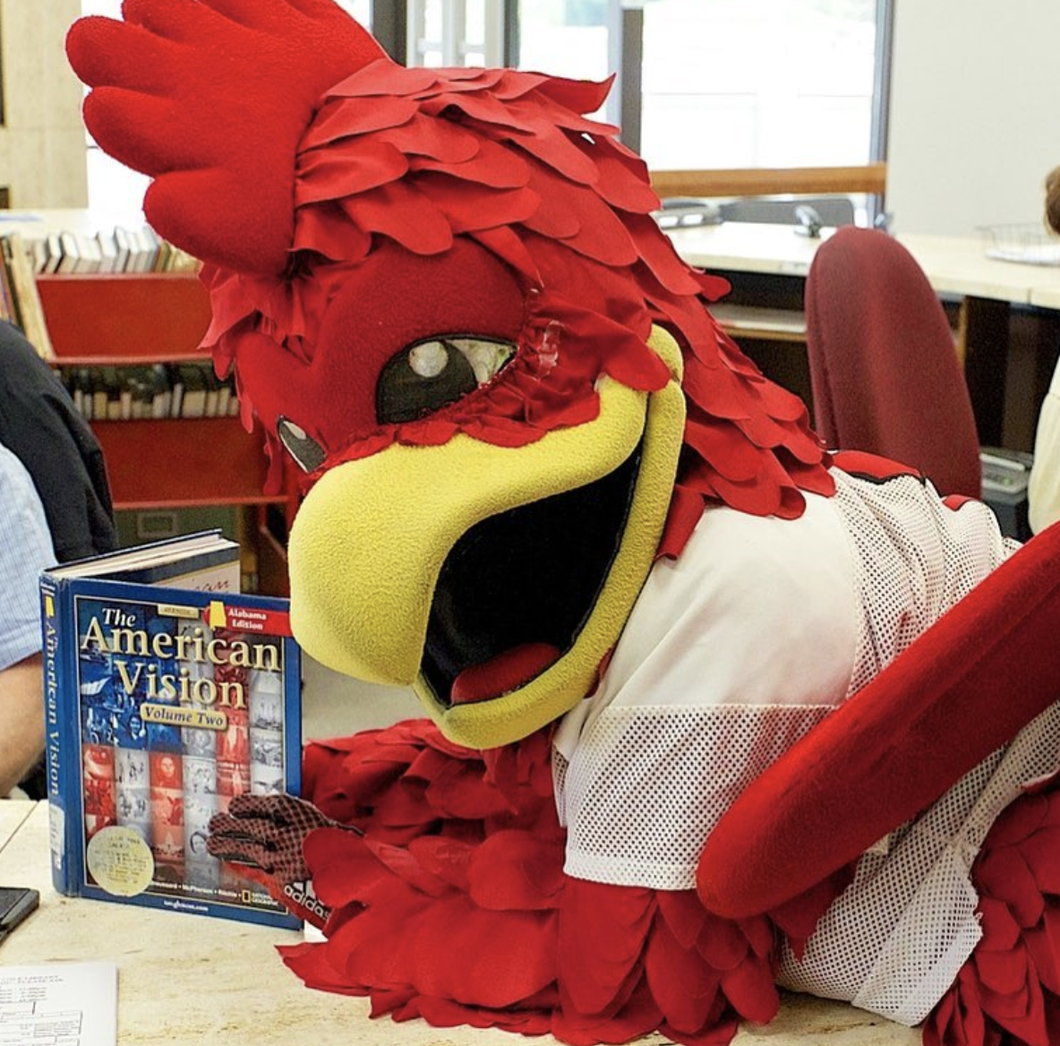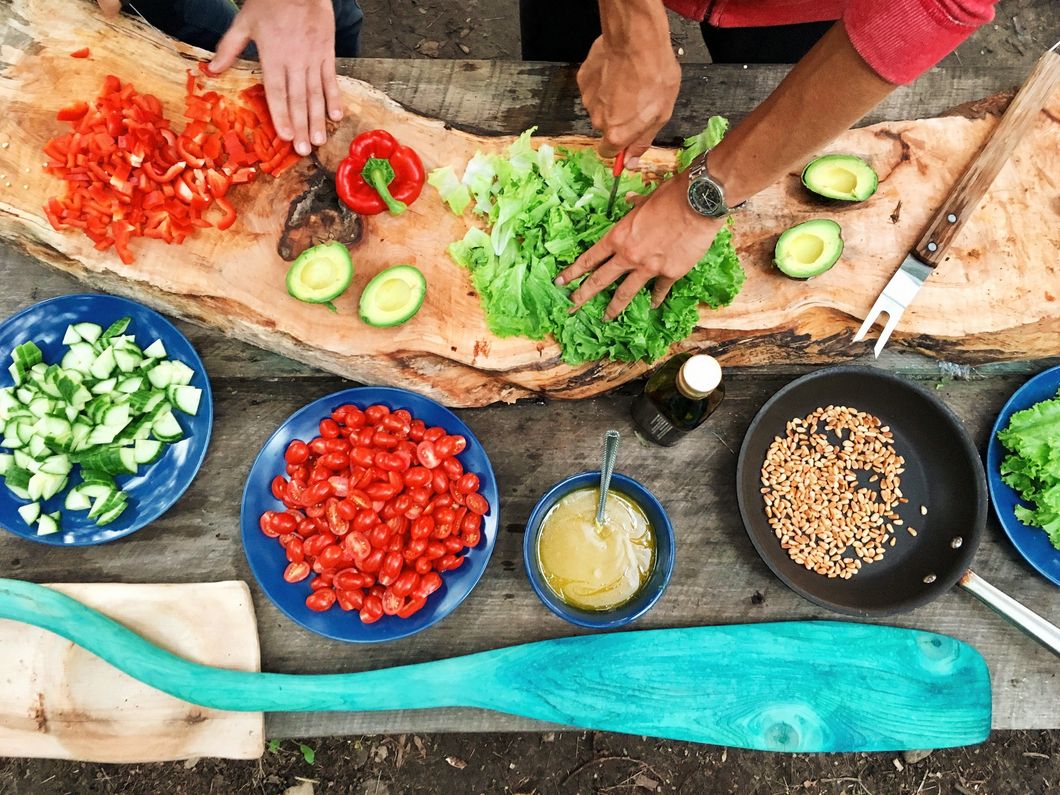Arts Entertainment
5 Thoughts You've Had If You Have A Summer Job
The dilemma of a summer job.
03 June 2019
387
Summer jobs are great but let's be real, these are the thoughts that go through your head.
1. " Ok I'm being smart here. I'm making bank"
2. "But like... danggg... all summer?"
3. "It's worth it!!! Think of all the things you could do when you're not broke!"
4. but when you realize you're gunna spend all your summer working
Keep Reading...Show less


























Genetically Modification Could Save Future Babies From Illnesses, But Also Pose New Issues
Now imagine if people can breed smarter, stronger, and (sociologically) more attractive kids? The problem is that the possibilities are truly endless, and this experience has insidious implications.
You read that right. He Jiankui, a renowned scientist from China, has created the first two human genetically modified babies. The technology is called CRISPR/Cas9, and it's the same tech that we use to modify plants like soy.
My first question was "are people just allowed to do that?" Well, depends on what country you live in. In the US for example, there are at the least minimal regulations based on ethics. However, this hasn't stalled us from innovating at a startling pace. America only lagged two years behind China for the first genetic modifications to a human embryo. Since it is seen as far more controversial in Western nations, we have seen the slight delay of creating genetically modified babies. But make no mistake, it is only a lag. Not a prevention.
Many critics of this innovation echo the sentiment of Eric Topol, a geneticist at the Scripps Research Institute, who said, "We're talking about changing every cell of the human body's 37 trillion cells. That's never been done before. And it was done in a rogue fashion.''
But the changing of our genetics begs a bigger question than the way it was accomplished.
Should we be able to alter our genes?
People inside and outside the scientific community are saying no, and for many different reasons. The first deals with whether or not we should diagnose embryos with genetic diseases and cure them before the infant is born, and then use genetic modification as a direct solution. For example, He was altering the embryos in order to prevent the HIV that they would have from their fathers. However, there are already scientific methods that do not involve genetic modification, such as "washing" the sperm of the HIV. The truth is, once this technology hits the market, we can't currently regulate which method people will choose. And CRISPR kits are already inexpensive online, rounding up to about $1,000. There's a lack of legal understanding, in the US and abroad, on whether or not these experimentations are legal. This compounds the problem when the effects of this innovation can be massive and devastating.
The next controversy deals with "designer babies." This is a concept developed from the imagination of what gene editing could bring, with a terrifyingly familiar tune of eugenics. Will people begin crafting a "superior race"? As one can imagine, this will only be accessible to the wealthy one-percenters who already have paramount advantages over the rest of the population. Now imagine if people can breed smarter, stronger, and (sociologically) more attractive kids? The problem is that the possibilities are truly endless, and this experience has insidious implications.